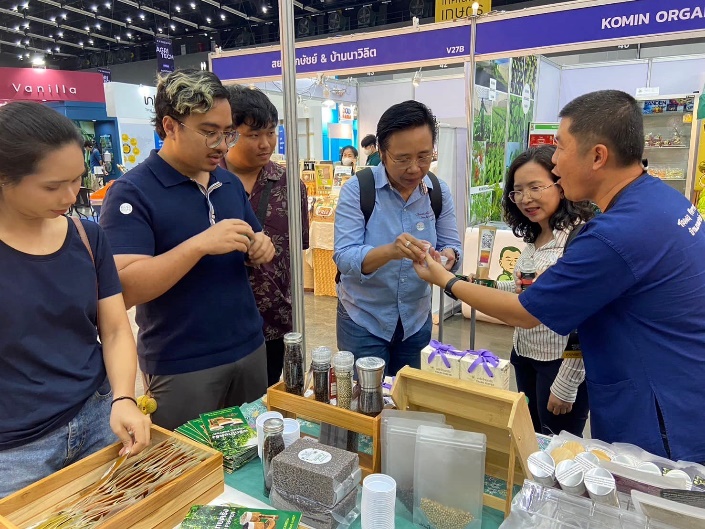Reporters: Dr. Wichulada Thavaroj, Ms. Panyaras Luekhajon, Asst. Prof. Rungtip Wuttanaworakit, Asst. Prof. Noppadon Podkumnerd, Asst. Prof. Jasada Romyen ,Mr. Jessada Montralak
Evidence Date: 18 June 2024
Related SDGs:
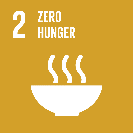
Related Indicators: 2.5.3
Details:
On 18 June 2024, a research team from the Faculty of Agro-Industry, led by Asst. Prof. V.R.T. Preecha Muneesri, Dean of the Faculty, and Asst. Prof. Jareepron Chueajetton, Associate Dean for Academic Affairs and Research, welcomed Mr. Theerachart Sawadinamol, Mayor of Hintok Subdistrict Municipality, Ron Phibun District, and his delegation for a research and development follow-up visit.
The research team has been collaborating with the municipality to explore value-added product innovation from local agricultural raw materials — specifically jicama (Pachyrhizus erosus), a crop widely grown in the Ron Phibun District of Nakhon Si Thammarat Province.
Research and Innovation Activities:
- Product 1: Jicama Wine :The team conducted fermentation trials using university laboratory fermentation tanks and controlled temperature equipment. Initial results confirmed the feasibility of producing wine from jicama. However, further R&D is planned to improve flavor and aroma through blending with local fruits.
- Product 2: Jicama Granola : Using the university’s pilot food processing facilities, researchers processed jicama into dried, sweet, crunchy pieces suitable for granola production. The prototype demonstrated potential for commercialization as a healthy snack product.
Use of University Facilities and Infrastructure:
This research project utilized RUTS’s Food Innovation and Processing Pilot Plant, laboratory-scale fermenters, tray dryers, and sensory evaluation labs to develop prototypes under food safety standards. By opening these facilities to local partners, the university provided an innovation platform for co-development between researchers and entrepreneurs.
This collaboration allowed local producers and municipal partners to:
- Access state-of-the-art equipment and technical expertise.
- Test product concepts before commercial scaling.
- Strengthen university–community partnerships in food innovation.
The “Research and Development of Jicama-Based Value-Added Products” initiative exemplifies how Rajamangala University of Technology Srivijaya integrates university research infrastructure with community-driven product development. By granting access to laboratory and pilot-scale processing facilities, the university supports local entrepreneurs in creating innovative, competitive products that can drive rural economic development.
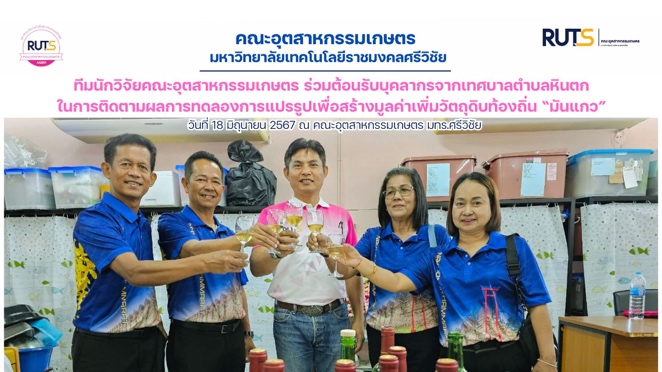
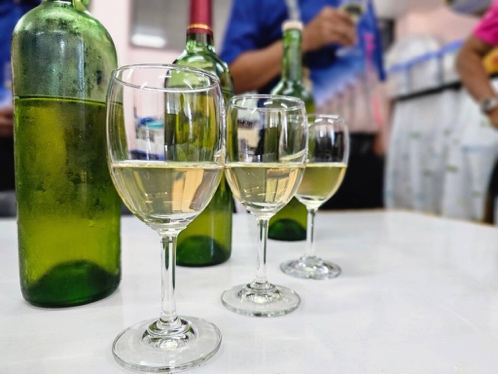

Related Links:
https://agro-industry.rmutsv.ac.th/ruts/2024/06/19/4987/
Research and Innovation
Title: Knowledge Exchange on Intellectual Property and Cultural Enterprise
Reporters: Dr. Wichulada Thavaroj, Ms. Panyaras Luekhajon, Asst. Prof. Rungtip Wuttanaworakit, Asst. Prof. Noppadon Podkumnerd, Asst. Prof. Jasada Romyen ,Mr. Jessada Montralak
Evidence Date: 30 May 2024
Related SDGs:
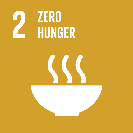
Related Indicators:
Details:
Rajamangala University of Technology Srivijaya, through the Office of Innovation Management and Technology Transfer, welcomed a delegation from Chitralada Technology Institute for a knowledge exchange visit focusing on intellectual property management, business incubation, and cultural enterprise development.
The visiting delegation included:
- Ms. Jiraphorn Khawsawat – Head of Innovation Center
- Mr. Nattapong Weerathaweeporn – Lecturer, Faculty of Business Administration
- Dr. Tridsana Sorach – Lecturer, General Education Division
- Administrative staff from Chitralada Technology Institute
Objectives of the Visit:
- To study and exchange experiences in the end-to-end intellectual property management system, including creation, protection, utilization, and enforcement.
- To gain insights for adapting and improving IP management systems for research and innovation within their own institution.
- To strengthen collaborative networks for future co-creation and technology transfer.
During the visit, RUTS showcased a selection of innovative products developed under university research and IP commercialization initiatives, including:
- Thai Herbal Body Massage Cream
- Phukrak Snacks
- Plant Growth Promoter (250/500 g)
- Trang Pepper (grinder and flat bottle packaging)
- Palm Sugar Blocks
- Manista Coffee
- Robusta Coffee
- Koh Sukorn Watermelon


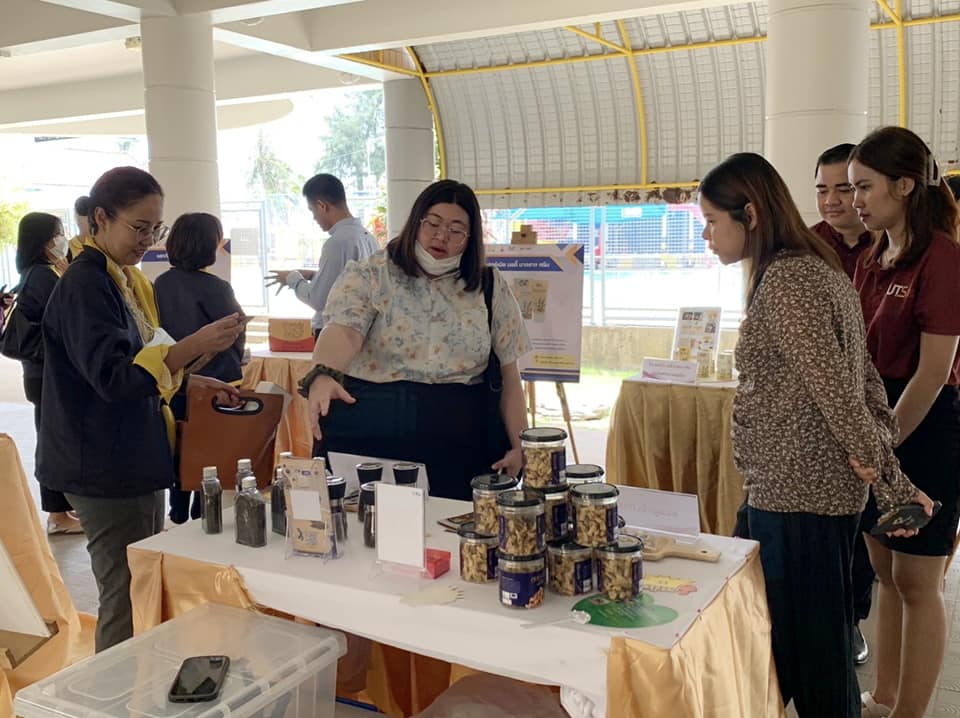

Related Links:
https://web.facebook.com/photo/?fbid=3882595168683881&set=pcb.3882596235350441



